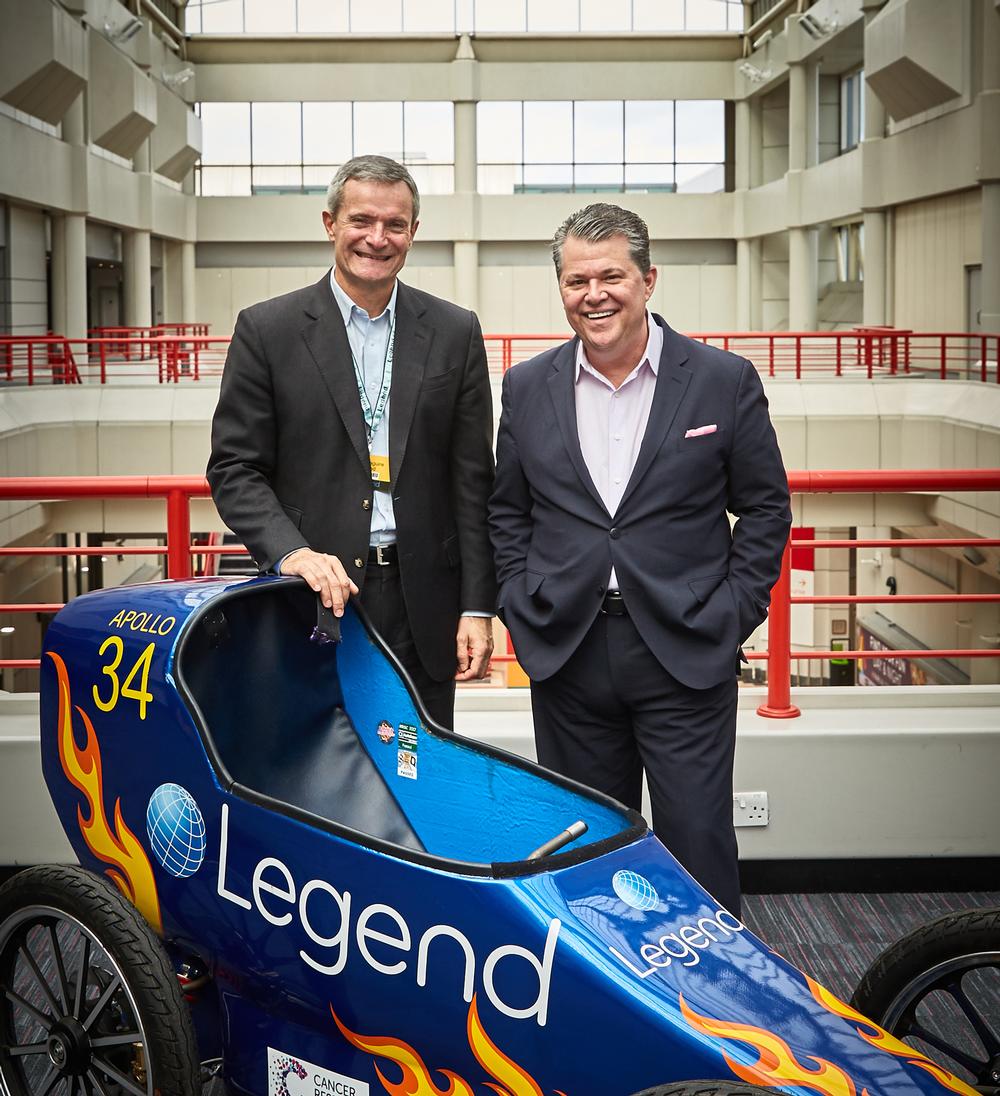The health and fitness industry, although currently booming, is in a crisis of change where key issues are often veiled and hard to recognise. Intense targeting of millennial customers is leading to decreased focus on the customer demographic that still controls the majority of spend.
Diversification and the push from ‘Big Tech’ are squeezing middle-market offerings, with many operators struggling to keep up with the strategic selection of rapidly advancing technology.
Nonetheless, it's technology that is the key to success in this fluid climate. Learning from other sectors, such as retail, the industry must now work together to develop strategies and find partners who can help identify and address potential threats; harness new opportunities, and keep up with the constant development that is presented by new technologies.
According to IHRSA (International Health, Racquet & Sportsclub Association), the US$30bn US health and fitness industry has grown by at least 3-4 per cent annually for the last decade and shows no signs of slowing down. Similarly, the number of fitness facilities in the UK continues to increase, with the country’s health club industry worth an estimated US$5.5bn in 2018.
Despite continued growth, the industry as we've traditionally known it is under threat. Industry 4.0 has arrived and is having a dramatic impact. Networks have driven a 159 per cent increase in remote working over the last 12 years, there’s a rise in virtual communities and wearables now track our daily activity levels and can set personalised challenges.
The prevalence of data generated means we are, both as individuals and as a society, increasingly outcomes-focused.
That change is underway is nothing new. The challenge we must now collectively face is to make the most of opportunities that have opened up. This was the topic of debate on 9th October, when some of the UK fitness and leisure industry’s business leaders gathered to discuss the trends, drivers and opportunities that are currently shaping the future of our market.
Trends
Diversification is arguably one of the most disruptive trends for our industry today. Luxury, boutique and higher-end offerings are expanding, as are the no-frills budget chains – both of which have clearly identified their target demographic and their needs. The more traditional middle-market gym model is squeezed, with delegates understandably conscious that – in many cases – keeping up with the strategic selection and adoption of rapidly advancing technology into the fabric of their operations has been challenging.
At the same time, there's no escaping the push from so-called ‘Big Tech’ into the fitness and wellness space. Amazon, Google and Apple are all actively working on the concept of personalised AI wellness assistants or apps, while platforms such as Peloton are making it compelling to access exercise at home without stepping foot inside a gym.
However, among the rapid change and doubt, an element of reality is needed.
The ‘millennial disruption’ is a case in point. Yes, this is the generation driving apps and the instant gratification culture. But global demographics indicate that populations are ageing and birth rates declining. Baby Boomers’ net value is currently 12 times that of the millennials. The power of the purse will, therefore, continue to lie with this generation, presenting a significant opportunity for operators who are able to tap into the lifestyle and community aspect of their offering for this group.
Think Strategy
Across all industries, the smartest competitors are reinventing their propositions. Retailers are reconceiving the high street, changing their store estate from retail shops to retail destinations backed by strong e-commerce offerings supported by sleek, slick technology. This hybrid model will be a big part of the health, fitness and wellbeing industry’s future.
Innovations such as facial recognition, kiosks, and payment automation – to name but a few – present a real opportunity for greater operational efficiency within the physical health club space, while virtual classes or personal training provide convenience, allowing consumers to exercise where they want, when they want – but still within a defined local and personal community.
It's key that many of our customers value automation and individual outcomes-based exercise experiences, but for others, the human touch that their gym provides remains the most important factor. Understanding different customers’ motivations, what value means to them and redefining our proposition around those customer segments is critical.
With Power comes Responsibility
The newly released 2019 Edelman Trust Barometer revealed that trust has changed profoundly in recent years, with only one in five of us believing that “the system works for them” and public faith in government and the media at an all-time low.
Within this context, how we manage, store, treat and protect our customers’ data, to not only build sets of communities among them, but also to engender long-term loyalty to operators is key. Creating frictionless user experiences while valuing what is human – coaching, group fitness, personal voice interfaces and delivering outstanding service – the so-called ‘high tech, high touch’ – will be where we as an industry can really thrive.
As we enter the next decade of fitness and wellbeing, there are no wrong answers and no wrong actions other than inaction. We must work together to challenge the ‘why’ behind our mindset and strategise accordingly.


























































